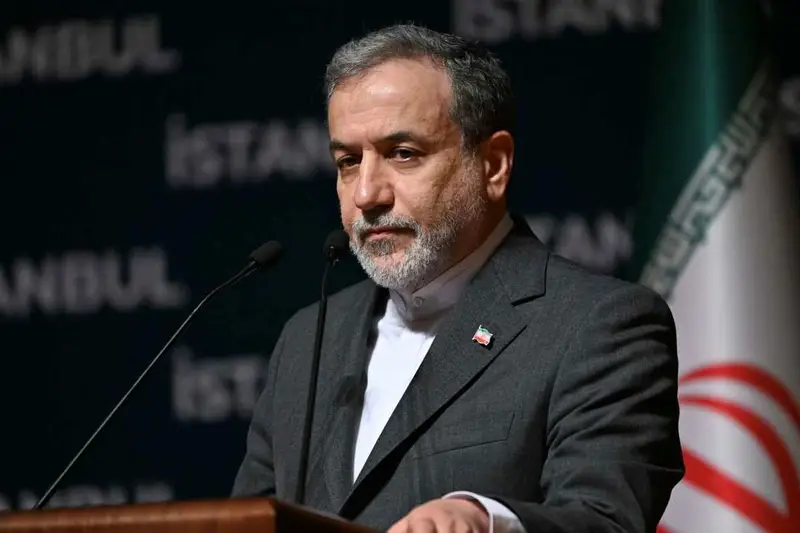
By Our Reporter
In a striking and provocative statement published today, Iranian Foreign Minister Abbas Araghchi accused Israel of deliberately sabotaging a burgeoning diplomatic breakthrough between Iran and the United States, warning that continued aggression could push the region closer to full-scale war.
Araghchi revealed that recent backchannel negotiations with U.S. special envoy Steve Witkoff had brought the two long-time adversaries to the brink of a historic agreement, potentially reshaping the trajectory of nuclear diplomacy and regional stability. According to the minister, five meetings over nine weeks yielded more tangible progress than years of formal talks under the Biden administration.
“There were several ideas for a win-win solution,” Araghchi wrote, citing proposals from both Washington and Tehran, with mediation from Oman. These discussions included detailed deliberations on Iran’s uranium enrichment program, sanctions relief, and a broader economic cooperation framework he described as a “trillion-dollar opportunity.”
But optimism was shattered just days before a pivotal sixth meeting. Araghchi condemned what he called an “unprovoked assault” by Israel on Iranian territory — an attack he claimed targeted not only nuclear facilities but also civilian infrastructure, including homes, hospitals, and prisons. “This was a profound betrayal of diplomacy,” he said, suggesting that Israel’s actions were aimed at derailing any possibility of reconciliation between Tehran and Washington.
Israel has not formally commented on the minister’s remarks, though it has long argued that its operations are intended to thwart Iran’s alleged nuclear weapons ambitions — an assertion Tehran has repeatedly denied. As a signatory to the Nuclear Non-Proliferation Treaty (NPT), Iran maintains its nuclear program is purely civilian in nature and under international monitoring.
In the wake of the Israeli strikes, Araghchi said Iran was forced to defend itself “fiercely,” ultimately pushing Israel to rely on U.S. intervention to end the hostilities. He warned that while Iran remains committed to avoiding an all-out regional war, that restraint should not be mistaken for weakness. “Should the day ever come, we will reveal our real capabilities,” he said, “to dispel any illusions about Iran’s power.”
The Iranian diplomat also criticized the United States for what he described as capitulation to Israeli pressure, citing America’s own military involvement in the conflict and its failure to uphold prior commitments. “Iran signed a comprehensive nuclear deal with six countries in 2015, including the US — which Washington unilaterally abrogated three years later,” he noted, referring to President Trump’s 2018 withdrawal from the Joint Comprehensive Plan of Action (JCPOA).
While Iran has received signals that Washington may be open to reengaging in talks, Araghchi expressed skepticism. “How can we trust further engagement?” he asked, emphasizing that two nuclear-armed militaries had now taken action against Iran despite its diplomatic overtures.
Nonetheless, Iran’s top diplomat left the door open to diplomacy — albeit cautiously. “If there is a desire to resolve this amicably, the US should show genuine readiness for an equitable accord,” he said, adding that any future negotiations must be based on mutual respect and shielded from third-party interference.
Araghchi concluded with a stark message to Washington: “The American people deserve to know that their country is being pushed towards a wholly avoidable and unwarranted war by a foreign regime that does not share their interests.”
“The choice is America’s,” he warned. “Will the US finally choose diplomacy? Or will it remain ensnared in someone else’s war?”
Context and Implications
The minister’s statement underscores the rising volatility in a region already on edge. It also reflects growing frustration in Tehran over what it sees as repeated betrayals by the West and the disproportionate influence of Israeli policy over American foreign decisions.
Whether Araghchi’s remarks prompt a recalibration in Washington remains to be seen. But with high-level diplomacy now on life support, and tensions in the Gulf at a boiling point, the risk of escalation — intentional or otherwise — continues to loom large.

